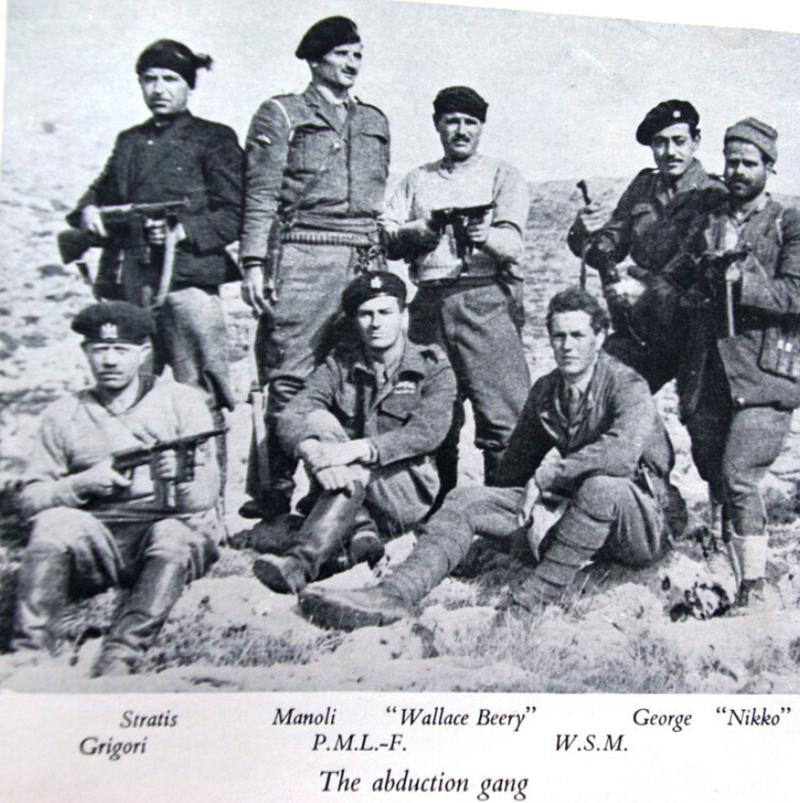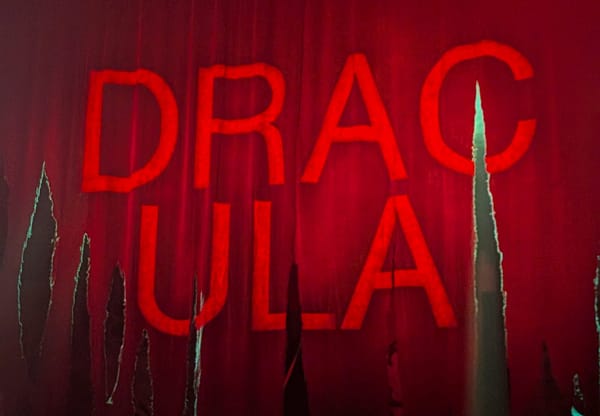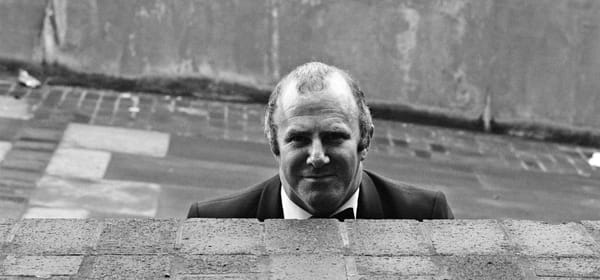WW2 Crete: Abducting a General
There is something that always bothered me about Patrick Leigh Fermor’s account of Crete and also of his own ‘great trudge’ across Europe…

There is something that always bothered me about Patrick Leigh Fermor’s account of Crete and also of his own ‘great trudge’ across Europe. He writes cold, after the fact. Sometimes years or even decades afterwards. As a writer, I know why. Some events and experiences are so memorable, so life-affirming, or so dark, that to write about them too soon risks — if not ridicule — then a complete loss of objectivity. This is the death of good factual writing, but is essential for thrillers and page-turners. If you write hot, in the moment, you end up with James Bond. If you write cold, detached, you end up with George Smiley. Both great, but not the same thing at all.
This line of thinking helps to demystify a lot of the guff that has been written about the abduction of Kreipe. Billy is Ian Fleming in this story. His book, Ill Met By Moonlight, is a riveting read even today, 70 years after it was first published. It has not aged as much as other wartime accounts. It was written directly from his diaries and is a page-turner in the grand tradition. I loved it. Paddy did not, at the time. Perhaps Billy’s account explains why this SOE mission more than any other has become little more than a ‘jape’ to many in England, according to M. R. D. Foot. Coming to the story in my forties, seventy-plus years later, that is exactly how I heard of it: as a harmless bit of fun engineered by two men so young that today they would be considered boys. The film didn’t help. Dirk Bogarde, flamboyant producers, and a lot of invention caused Paddy to flee the set. He couldn’t bear the people or what they were doing to his life story. Perhaps it was the film that did it, but the book helped. One of the most daring and dangerous SOE operations, although not on the scale of Telemark, was forever diminished as a boyhood jape. Until now.
I arrived at this story as a fan of Paddy. His reputation as a traveller and epistoler was up and running before the war. He was an officer and a gentleman. Billy Moss was also an officer and a gentleman, but he was a professional soldier. His writing career began with the Moonlight book, which is not widely remembered, although it has never been out of print. I believed Paddy when he told his publisher, John Murray VI, that it wasn’t a great book. Why did he write that? There are many reasons which can be guessed at. Yes, Moonlight is verbose in places, but that is due to it being written directly from diaries. Yes, it’s a boy’s own adventure; it was written that way. The style of the book cannot mask the danger involved in the bare facts.
True, it was Paddy who helped General Carta escape Crete after the Italian armistice. Which gave him the idea of forcibly abducting the hated General Muller. It was not his fault that Muller was redeployed after the plans had been made. Not his fault that Kreipe, the replacement in charge of Crete, was a willing abductee. They had to assume he would resist to the death, as no doubt Muller would have done. Kreipe’s driver did put up a fight, and was killed soon after by the kidnap party. This was no jape. Facts learned years or decades later cannot reduce the feeling of peril that Paddy and Billy experienced at the time.
And so began my own adventure, an unexpectedly challenging one, to discover and document the truth about that night, and the weeks that followed. The two main actors, who became the two first-hand chroniclers, were both prone to exaggeration and invention. Paddy’s reputation as a writer rests partly on his youthful optimism and fantastic embellishments. His account was delayed until after his death, and is one of the driest things he has ever put his name to. Billy’s ripping yarn became a ripping movie, forever cementing their adventure as a jape, similar to how Heroes of Telemark with Kirk Douglas blighted the Norwegian Heavy Water Commando raids.
We learn from Billy’s daughter, Gabriella Bullock, that Billy’s book was finished by March 1945 and submitted to a London publisher. The book did not appear until 1950 and the sections which were most embarrassing for the army, at the beginning of the book, have never been published. The best passage in my view is the story of Lt. Col. Peter Wilkinson and General Gubbins acting the role of horses during a mock bullfight. Gubbins, of course, being one of the leading lights of SOE with a massive reputation that shines to this day.
Further Reading
My Paddy article on Artistic License Renewed
Two BBC Sounds episodes about Paddy





